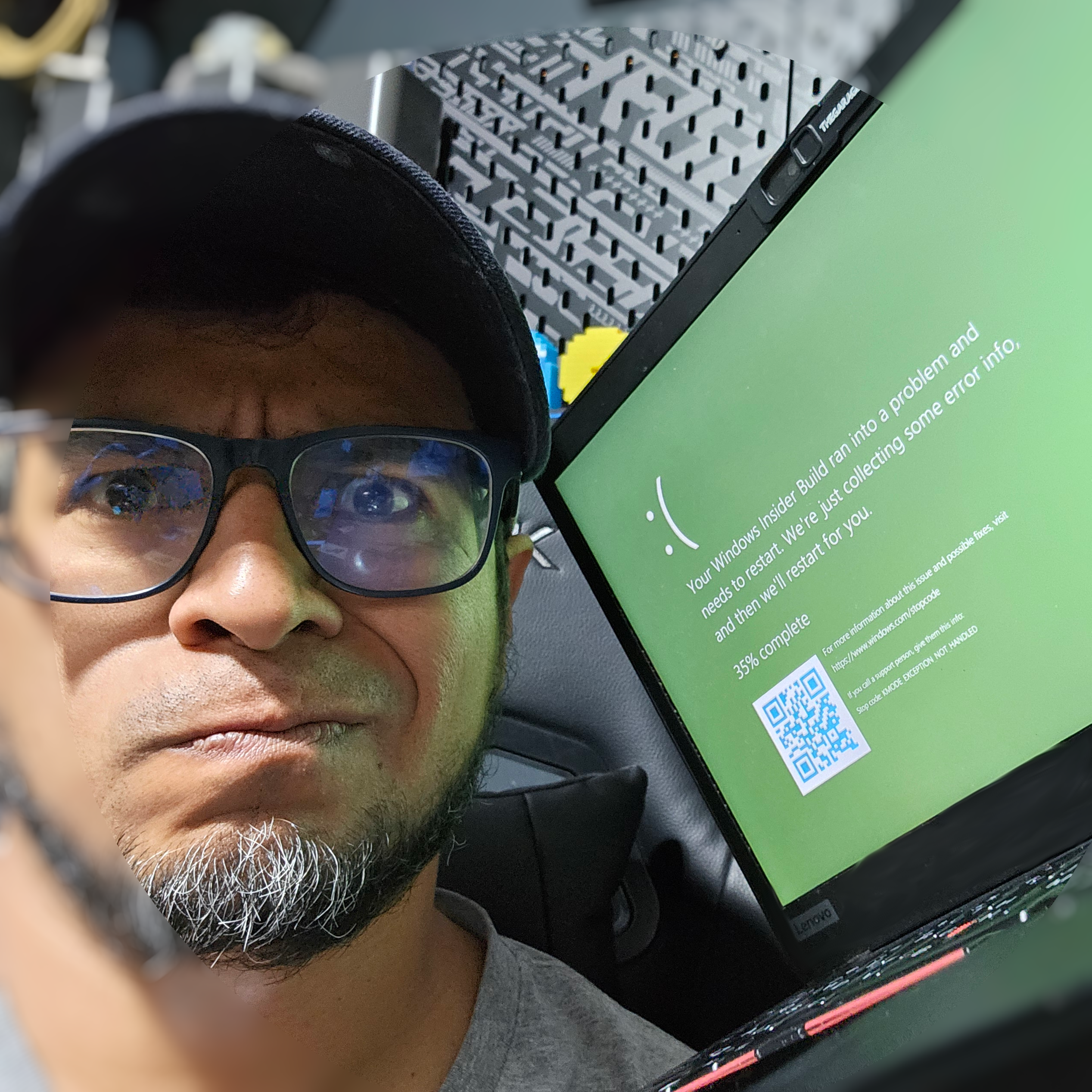Rediscovering Human Connection
While AI may be the buzz today, I believe there is other technology gaining traction with a significant impact, paradoxically in the opposite direction—people taking control back from machines.

I began evangelizing Linux and FOSS in the early 2000s. I was an idealist fueled by the vision of a digital world built on collaboration, transparency, and freedom. I never really thought that “this was the year of Linux on the desktop,” but I was happy to spend hours configuring X.org and, in the process, destroying one or two monitors.
That early activism and its setbacks taught me valuable skills in identifying technology trends, foreseeing potential challenges, and being more pragmatic. Users prefer easy solutions over complex ones, regardless of how innovative or technologically advanced the alternatives are. Adoption starts with simplicity, and it is challenging to revert when there is mass acceptance. Additionally, when there is no practical value in the technology on a day-to-day basis, it will implode. I pride myself on not buying into the buzz of crypto and, on the other hand, learning early about containers, DevOps, IaC (does anyone remember Chef and Puppet?), Bigtable, and the Flickr concept of “Normalized data is for sissies” (now NoSQL).
Lately, I have been excited about the Social Web. I read articles and listen to podcasts every day with different perspectives about it. The Social Web, also known as The Fediverse (with the underlying technology ActivityPub), is something I will write more about, but today I will explain one of the problems it solves.
If you are active on other social networks, you may have noticed that LinkedIn seems to be the last place where the news arrives. They usually arrive first on platforms like Blind (especially layoffs), Reddit, Discord, eX-Twitter, Hacker News, Threads, or even the Fediverse, and then lastly on LinkedIn. I don’t think it is entirely the fault of the LinkedIn algorithm or us, the users generating the content, but a combination of both. We see a similar trend in other places, like Google, the search engine.
I remember when Google was emerging; everybody started learning SEO techniques. At the beginning, they were very logical: set metadata with short descriptions, keywords, and .html pages will have higher ranking because they are static content. However, with time, SEO became more complex. Ranking was no longer universal but personalized, and things got really complicated, and allegedly worse. Results on Google nowadays are worse every day, and I must say that most days I use Bing without noticing the difference.
This also happens on LinkedIn. The problem with the algorithm, the same algorithm used in eX-Twitter, Facebook, or LinkedIn, is the lack of control for us as individuals—the ones who are always changing and difficult to catch up with. The algorithm is generalized and aims to know what I like to read. If you are a creator, you may be following the same rules on LinkedIn: do not put external links in the content but in the comments, use tags at the end, use a bait element at the beginning. All of this is because we start to turn to talk to the algorithm instead of each other. As a user, you may have seen it too—the moment you start following/connecting with someone, posts from that person (even from days or weeks ago) start appearing gradually every day. But if you stop interacting, let’s say for a week, they disappear completely, even if later they write something you really like.
Don’t get me wrong, I like algorithms, and I think they are necessary to automate and boost things I really like. But when the algorithms become opaque, without any control from my part, they become gatekeepers of information, and we cede control to those corporations in things we should not.
The other day, I was talking with a friend about how to increase the reach of a non-profit project to more people, and it inevitably ended up in how to increase the SEO ranking. The problem with that premise is that in order to increase the SEO ranking, we would need to think about the SEO algorithm first, so our blog posts, written by people, start talking to machines instead of to people. People talking to machines. You have seen it—the moment you search for a recipe, you need to scroll through 3 or 4 pages of garbage to get to the real recipe. We learned to ignore, and it is necessary on today’s internet to make them appear; otherwise, nobody will read them. And that is wrong—the internet is becoming a garbage site. AI makes things worse because now we have machines generating SEO-friendly articles to talk to machines. The cycle is complete—machines talking to machines.
What we need is people talking to people, discussions, the web as the big enabler. We need more human curators instead of automated curators. And look, I am not against machines, algorithms, or AI, these are part of my passion. I am not against social networks, they have been a community for me for many years. But I am against opacity, the lack of individual control, and merely garbage content.
